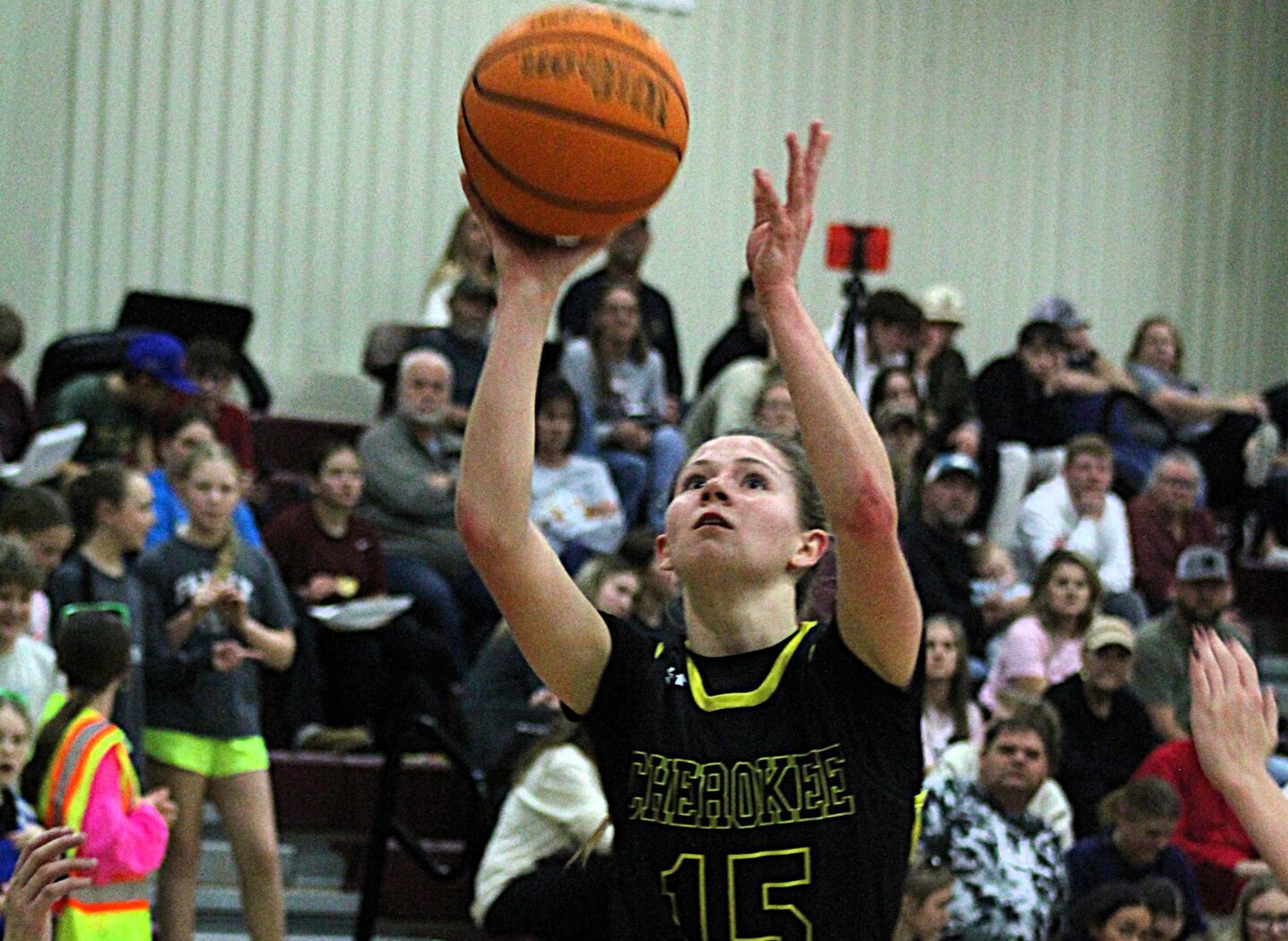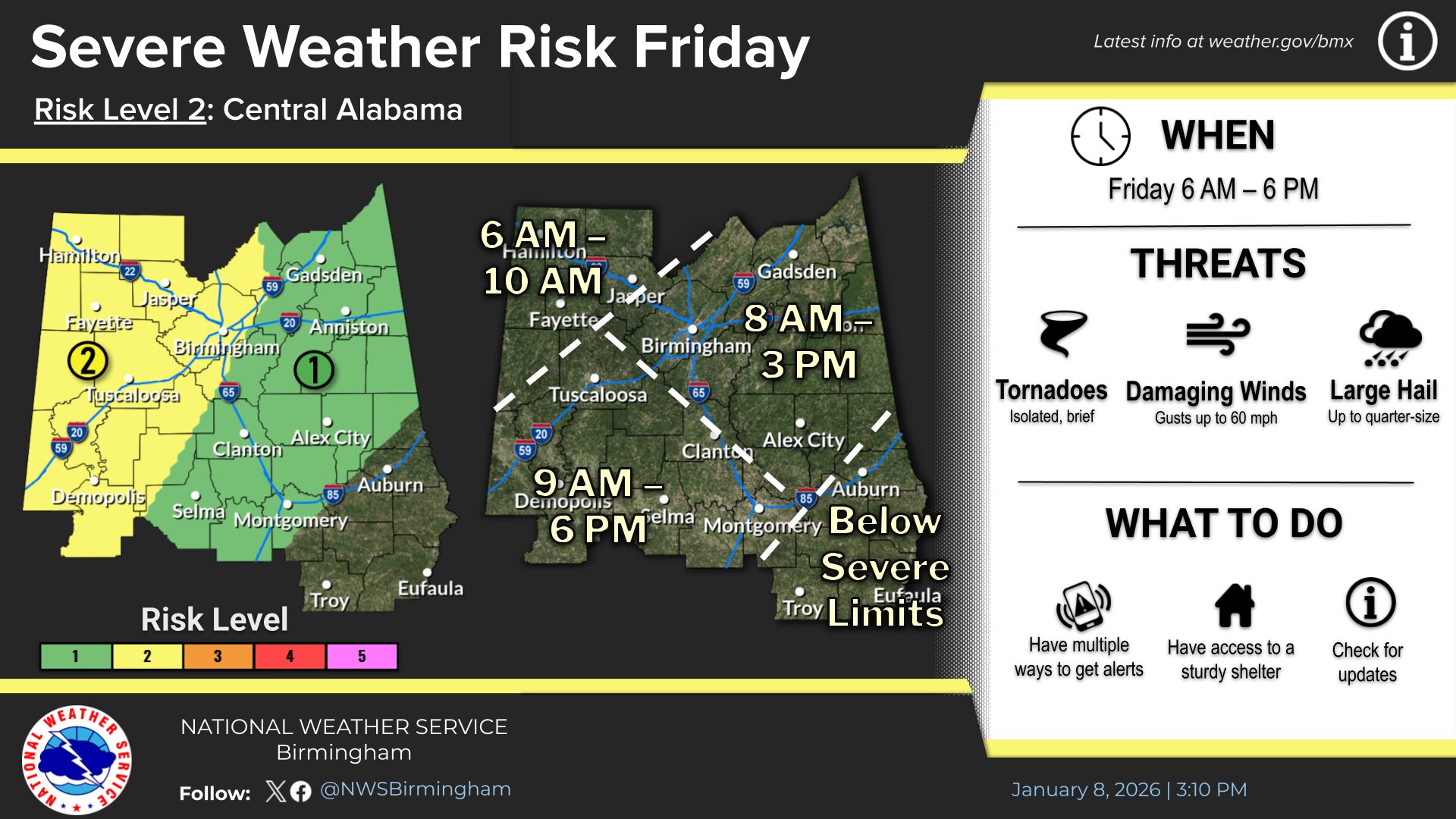
With severe weather possible for the area, now is the time to become familiar with a list of safety tips to help before, during and after a tornado strikes.
BEFORE
* Have a family tornado plan and know where you can safely take shelter.
* Closely monitor your Weather Radio and local radio station
* Install a tornado safe room or storm shelter built to FEMA 320 guidelines or to the ICC/ NSSA 500 standard. Always use a licensed contractor to install a safe room within, adjacent to, or outside of your home.
DURING
* Take refuge in a tested and approved storm shelter, safe room, or a community shelter labeled as an official tornado shelter. Community shelters may include stores, malls, churches, even airports.
* Are you indoors? Go to the lowest floor, to a small, central, interior room, under a stairwell, or to an interior hallway with no windows. Crouch down as low as possible to the floor, face down, and cover your head with your arms. Cover yourself with a blanket, mattress, helmet, or other thick covering. Wear footwear with thick soles to your safe location.
* Are you in a mobile home? Get out. Even if your home is tied down, it is not as safe as a sturdy building. Go to a nearby permanent structure. Do not seek shelter under an overpass bridge, or in a drainage ditch. If you cannot safely exit your vehicle, park it out of traffic lanes. Stay in your vehicle with your seatbelt on. Put your head below the windows and protect it with your arms and a blanket, coat, or other cushion.
* Are you outdoors? Shelter in a sturdy building. If no shelter is available, lie face down on low ground protecting the back of your head with your arms.
AFTER
* Keep your family together in a safe location and wait for emergency personnel to arrive.
* Stay away from power lines, downed trees, and puddles that could hide live wires.
* Watch your step to avoid sharp objects.
* Stay out of heavily damaged structures, as they may collapse.
* Do not use matches or lighters in case of leaking natural gas or fuel tanks.
* Listen to your radio for information and instructions.
Severe Weather Safety Tips are brought to you by the Federal Alliance for Safe Homes.
The nonprofit Federal Alliance for Safe Homes is the country’s leading consumer advocate for strengthening homes and safeguarding families from natural and manmade disasters. The partnership includes more than 120 innovative and diverse organizations that share a vision of making America a more disaster resilient nation. Learn more and access free consumer resources by calling toll-free (877) 221- SAFE (7233). Facebook.com/federalalliance




